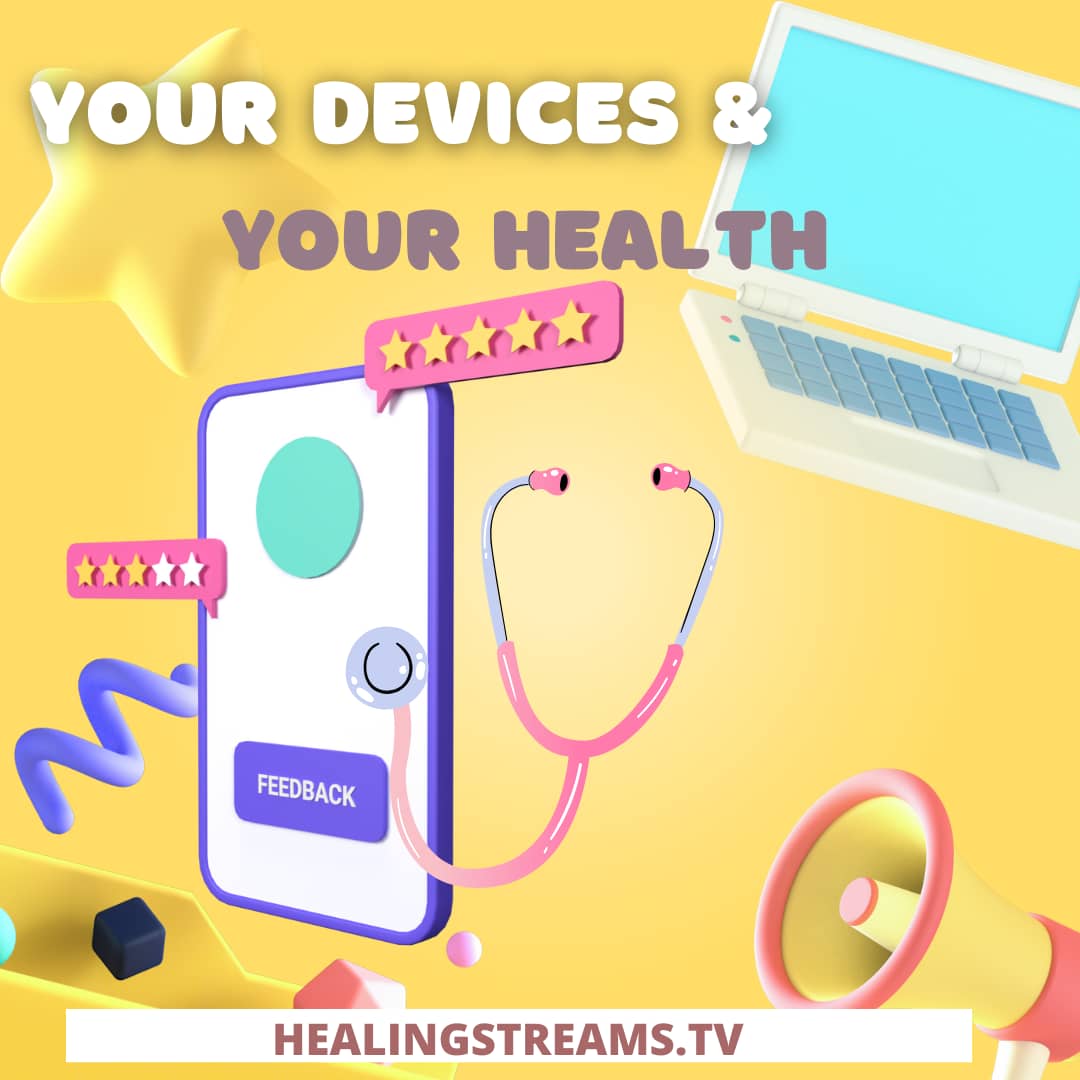
Digital devices are everywhere today. Use of, and dependence on, these technological marvels in all aspects of daily life is steadily increasing, with several of them becoming elemental to day-to-day activities at home, work, school, etc. Many things have become easier and more convenient as a result of digital devices. From aiding diet plans and monitoring fitness goals/activities to networking and building social relations, as well as several other personal and professional applications, your devices serve you well.
As awesome as these gadgets are, however, one must take certain precautions for health reasons. Spending too much time on digital screens and mobile devices has been linked to several health issues. To restore balance to a tech-overloaded personal and work culture, adopt better, healthier, and smarter ways of using your devices. Here are some key considerations to help you have a healthy and productive time with your devices.
Keep your devices out of your bedroom. Put your digital devices away from your sleeping area. This simple change will optimize sleep time and ensure you get enough sleep and are well-rested. Mobile phones emit radiation, which can be harmful to your health, so keeping cell phones close to your head or near your pillow for prolonged hours can lead to headaches, muscle pains, and other complicated health issues. Some studies also associate constant exposure to cell phone radiation to infertility, especially in men.
Protect your eyes. Digital devices emit high levels of blue light, and frequent exposure to it may lead to eye problems. Staring at screens for hours on end makes you blink less and this may cause eye strain, dry eyes, headaches, blurred and double vision, as well as focusing difficulties. To protect your eyes, turn down the brightness of your screens and use the nighttime or bedtime mode at night. Frequent blinking is a great optical exercise that keeps your eyes comfortable and lubricated. Also, exercise your eyes with the 20-20-20 rule; that is looking at something 20 feet away for 20 seconds every 20 minutes.
Watch your posture. Be mindful of your posture when using your devices. Don’t hunch over small screens and don’t stay in the same position for more than 40 minutes at a time. If you use a desktop, laptop, or tab on a table, get a chair that supports your spine, shoulders, and knees. Sit at a 90-degree angle, upright with your head straight over your shoulders; this will avoid unnecessary strain in your neck and back.
Turn down the volume. Listen to music at no more than 60% of the maximum volume. Don’t use your headphone’s volume to drown out background noise. Instead, invest in noise-canceling headphones. Reduce exposure to noise. Studies have linked permanent hearing loss to listening to loud sounds for more than 5 hours weekly.
Keep a reasonable distance. Avoid wearing your phone; aim to keep your phone off your body as much as possible, especially while traveling. If you must have it on you, switch to airplane mode when the phone is not in use. Avoid pressing your phone to the side of your face during calls. Use the speakerphone or a headset, or keep your phone at least 15mm (0.6 inches) away from your head. Most cases protect against radiation from your phone, so use a phone case and choose one that has no metal parts.
Take a break. Take breaks from your gadgets and gizmos every once in a while. Have some old-fashioned replacements for your devices. For instance, read print copy books, use analog alarm clocks, store ideas in writing pads, etc. Make room for a few intentional distractions from your phone every day.








